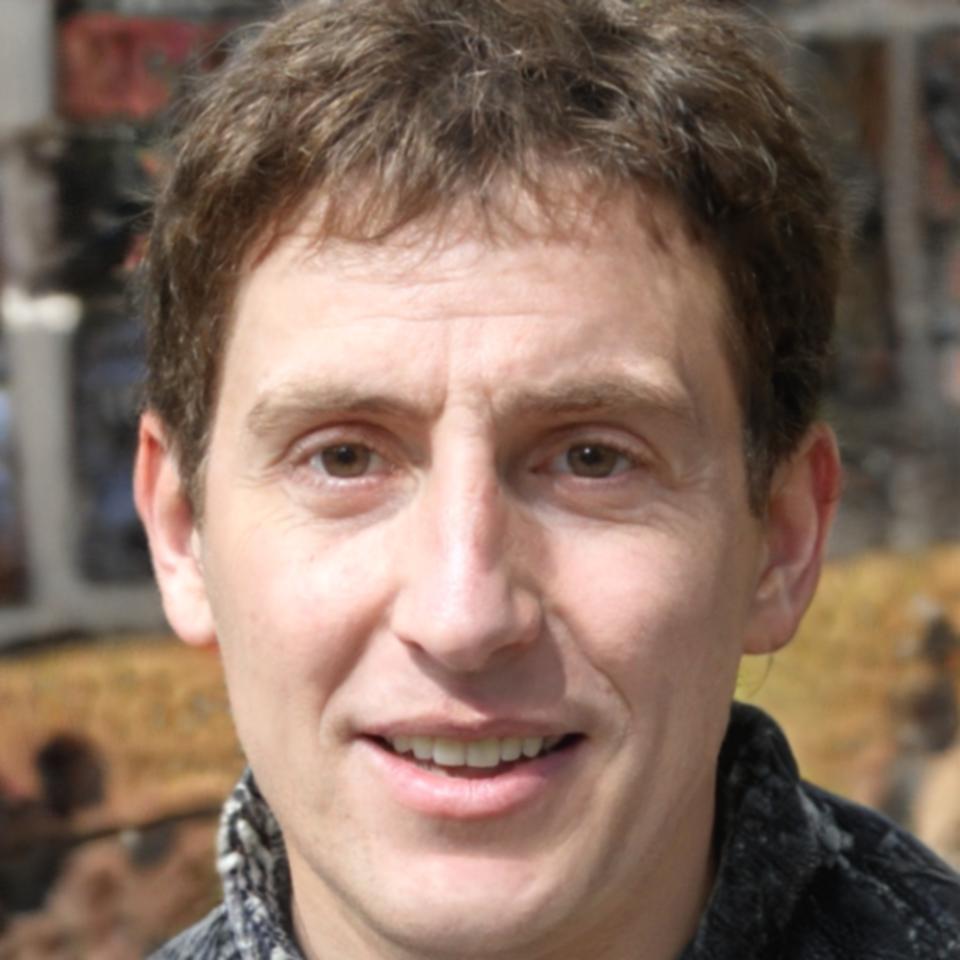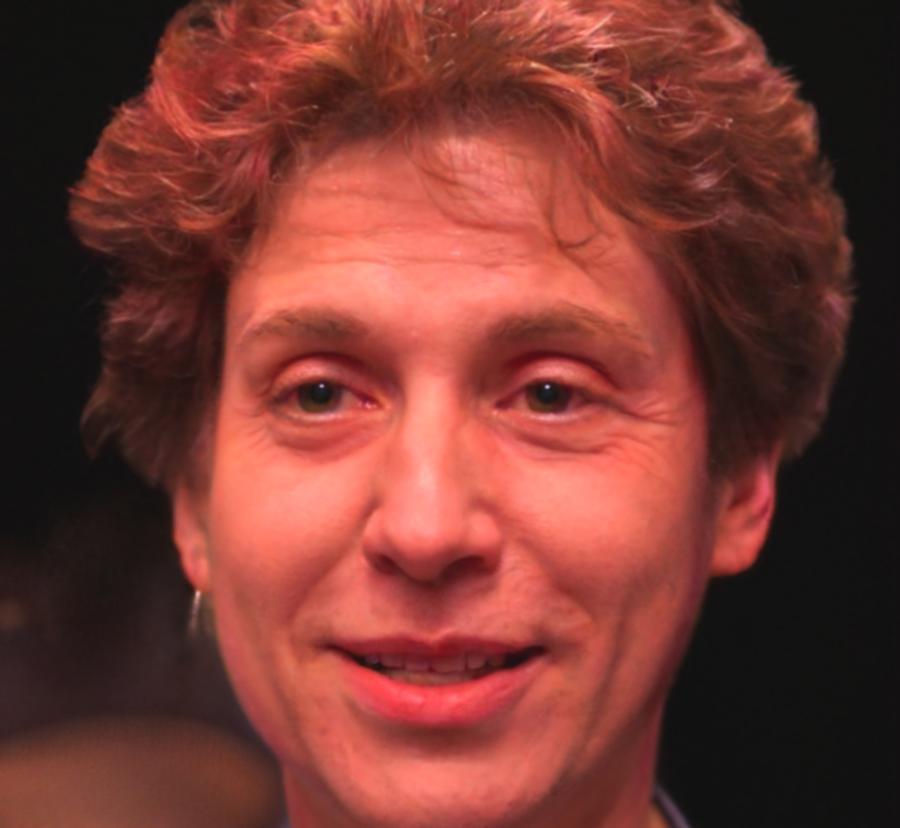Building Better Financial Habits Without the Pressure
Most people know they should track their spending. Few actually do it consistently. We've spent years figuring out why that gap exists and how to bridge it.
Back in 2024, our founder Gretchen Tillsley was working with small business owners in Brisbane who kept saying the same thing: "I know my numbers matter, but I just can't seem to stay on top of them." She'd tried every app and spreadsheet template out there. Nothing stuck.
So we took a different approach. Instead of adding more complexity, we stripped everything back to what actually works when real people face real financial decisions. No fancy dashboards. No endless categories. Just a practical system that fits into your actual life.
By mid-2026, we're opening our winter program for small business owners and families across Australia who want to develop sustainable financial accountability without feeling overwhelmed. It's not about perfection or strict budgets—it's about building awareness that leads to better choices over time.

How Our Accountability Method Actually Works
We break down financial accountability into three practical phases that build on each other. Each phase takes about six to eight weeks, though some people move faster or slower depending on their situation.
Baseline Reality Check
You can't improve what you don't measure, but measuring everything is exhausting. We start by identifying your three biggest money leaks—the areas where money disappears without you noticing.
- Track only your top spending categories for two weeks
- Identify patterns in your actual behaviour (not what you think you do)
- Pinpoint trigger moments when impulse spending happens
- Create a simple daily check-in that takes under three minutes
Most participants are surprised by what they discover. One business owner realized he was spending $340 monthly on subscription services he'd forgotten about. Another found she was overpaying suppliers by 15% because she wasn't reviewing invoices properly.
Building Your Personal Framework
Once you understand your patterns, we help you design a custom accountability system that matches your personality and lifestyle. Some people thrive with daily check-ins, others prefer weekly reviews.
- Design trigger systems that catch problems early
- Set up decision filters for common spending scenarios
- Create realistic boundaries that don't require constant willpower
- Develop backup plans for when life gets chaotic
This phase focuses on sustainability. We've seen too many people burn out trying to maintain systems that require constant vigilance. Your framework should make decisions easier, not add mental burden to every purchase.
Integration and Adjustment
The final phase is about making your system resilient. Life changes. Incomes fluctuate. Unexpected expenses appear. Your accountability method needs to adapt without collapsing completely.
- Test your system against realistic disruptions
- Build recovery protocols for when you fall off track
- Identify early warning signs before small issues become big problems
- Create quarterly review processes that take under an hour
By the end of this phase, you'll have a financial accountability approach that actually fits your life. Not some idealized version of your life—your actual, messy, complicated reality where things don't always go according to plan.
Who Guides You Through This Process
Our facilitators aren't here to lecture you about what you should be doing differently. They've all struggled with their own financial accountability challenges and developed methods that actually work in practice.

Declan Kirkbride
Small Business SpecialistDeclan ran a construction business in Cairns for twelve years before realizing his cash flow problems weren't about revenue—they were about awareness. He helps business owners develop systems that catch financial issues before they become crises.

Eilidh Prescott
Personal Finance GuideAfter working in banking for eight years, Eilidh was shocked by how few people had basic financial visibility into their own accounts. She specializes in helping families build accountability systems that don't require everyone to become spreadsheet experts.

Tavish Lundgren
Behavioural Methods LeadTavish came to financial accountability from psychology, not accounting. He focuses on understanding why people make the financial decisions they do, and how to create environments that support better choices without requiring constant self-discipline.
Ready to Build Your Financial Accountability System?
Our winter 2026 program starts in July. Applications open in April, and we work with small groups to ensure everyone gets individual attention.
Get Program Details